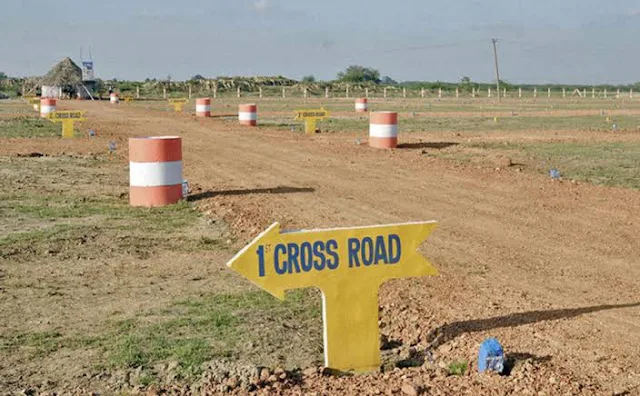Chandigarh , July 26– Opposition is swelling across Punjab’s countryside against the Aam Aadmi Party (AAP) government’s land pooling policy, with 107 panchayats formally rejecting the scheme through passed resolutions in their villages. The backlash—spearheaded by farmer unions—has drawn comparisons to the now-repealed farm laws that ignited a nationwide protest in 2020.
According to farmer leader Harinder Singh Lakhowal of the Samyukt Kisan Morcha (SKM), the number of resisting panchayats is growing steadily. “The policy has mobilised farmers against the government, as they fear losing their livelihood and homes,” Lakhowal told reporters.
Chief Minister Bhagwant Mann and other AAP leaders continue to insist that land acquisition under the policy is entirely voluntary. But villagers and local leaders say they remain unconvinced and deeply anxious about losing ancestral farmland.
In Balion village near Samrala, where 250 acres have been notified for acquisition, farmer Baljinder Singh said he had been living in fear of displacement. “I could barely sleep at night thinking about losing my four-acre landholding,” he said. “But now that our panchayat has passed a resolution rejecting the move, I can finally breathe again. This is the first legal hurdle we’ve crossed in what we know will be a long battle.”
Balion’s sarpanch, Maninder Singh, said residents have gone as far as putting up signboards at the village boundary warning state officials to stay away. “We won’t allow any politician to come here and try to convince us. They want to take our land and with it, our future,” he said.
In Bhattian village near Phillaur, where authorities intend to acquire 700 acres, resistance is equally fierce. “The atmosphere is charged,” said sarpanch Ranjit Singh Batth. “We’ve filed objections with the Sub-Divisional Officer and GLADA. What they’re offering us in return is laughable—tiny residential and commercial plots for vast stretches of farmland.”
The land pooling policy, according to official notifications, targets 65,533 acres across Punjab, including over 21,000 acres for industrial zones. Many villagers and activists see echoes of the controversial central farm laws in the approach, fearing long-term economic ruin.
Balbir Singh Rajewal, president of the BKU (Rajewal) faction and a prominent SKM leader, said the government is failing its people. “It is the moral and constitutional duty of any government to protect its citizens’ interests. But this policy does the opposite,” he said. “We are prepared to begin an agitation. SKM is already assisting panchayats in drafting and filing resolutions.”
Rajewal also accused the government of misleading the public. “In many areas where land hasn’t even been marked for acquisition, officials are claiming villagers have agreed. The truth is, those landowners haven’t signed anything,” he said.
According to procedure, a panchayat resolution against land acquisition requires a meeting convened by the sarpanch, with at least 20 percent of the village’s voters present. A representative from the Block Development and Panchayat Officer’s (BDPO) office must also attend. If the voters agree, the resolution is formally submitted to the relevant local body.
While the policy was initially introduced under the previous Shiromani Akali Dal-BJP alliance and later maintained by the Congress government, the AAP now faces the political blowback.
Punjab AAP chief Aman Arora defended the policy, alleging that opposition parties were stoking fear among farmers for political ends. “These parties are protecting the interests of the land mafia that fund them,” Arora said. “In doing so, they’re misleading farmers who actually stand to gain from the policy.”
But in village after village, the message from the ground remains resolute: the land will not be given up.

